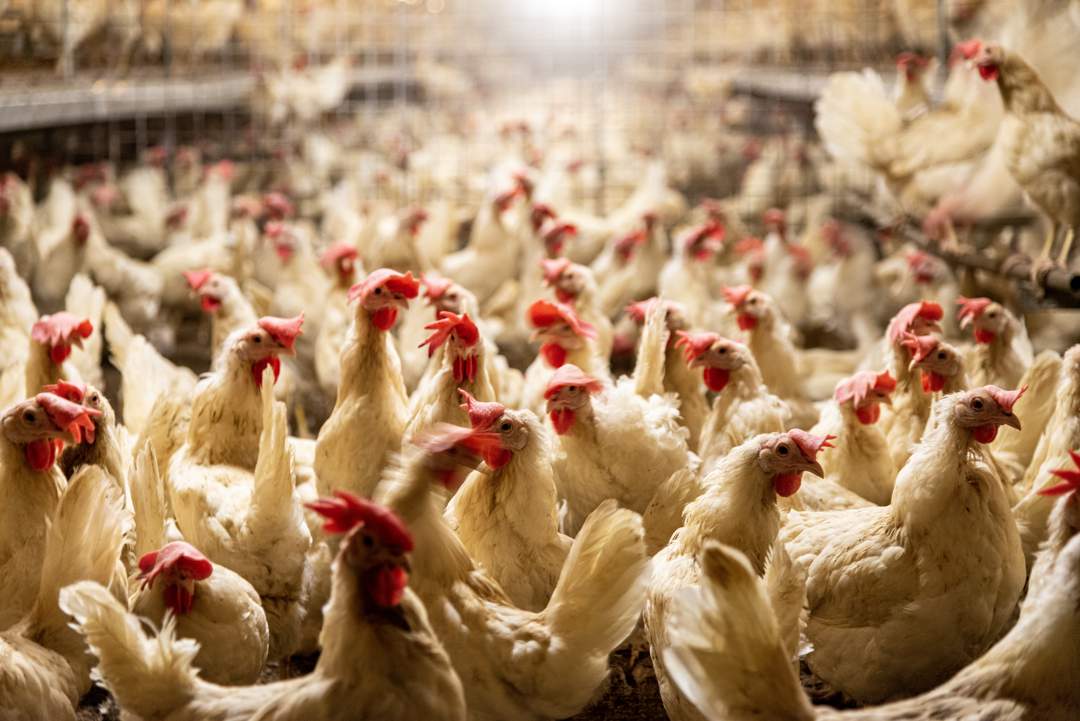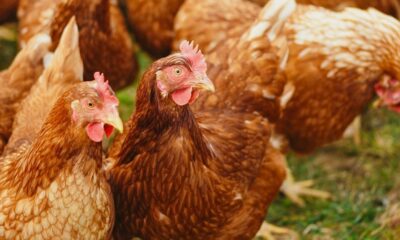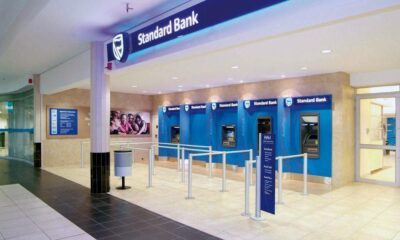Business
R150 Million for a Bankrupt Chicken Business? South Africans Want Answers

South Africans are reeling after it was revealed that R150 million in pension-linked funds has been handed to a bankrupt poultry company, Daybreak Foods. The money was allocated by the Public Investment Corporation (PIC), the state fund manager responsible for overseeing the pensions of millions of public servants.
The move has triggered immediate public backlash. With Daybreak already under business rescue, many are asking, Why is public money being used to prop up a failing business?
What went wrong at Daybreak?
Daybreak Foods was once a significant name in South Africa’s poultry industry. But financial trouble caught up with the company, forcing it into business rescue, a process meant to help distressed companies restructure rather than liquidate.
To keep the company afloat and cover salaries, the PIC issued a fresh loan of R150 million. This was confirmed by Deputy Finance Minister David Masondo, who also emphasised that the PIC will not be extending any further funding to the group.
The public reaction: frustration and disbelief
The news has sparked widespread criticism. With trust in state institutions already fragile, many South Africans are calling this latest bailout irresponsible, especially given the source of the funds: workers’ pensions.
On social media and across business forums, South Africans are asking tough questions. Why was this decision made? Was there proper oversight? And if a bankrupt company qualifies for a loan, what does that say about the criteria?
The frustration is made worse by past experiences, from state capture to mismanaged bailouts, leaving many citizens weary of government spending decisions that don’t directly benefit them.
What else is happening in the economy?
This news comes as Woolworths continues to struggle. Despite strong performance from its food division, the retailer’s share price has dropped by over 21% in just six months. The company faces challenges across both its South African and Australian operations.
At the same time, retail sales are slowing, but the rand held steady, trading at around R17.85 to the dollar. Economists credit the slight stability to reduced inflation, improved real wages, and lower interest rates, which are giving consumers a bit more breathing room.
More public funds heading to state entities
In a separate development, the SABC is set to receive R704 million over the next three years. The funding comes from the Department of Communications, again raising questions about state spending on loss-making institutions.
Meanwhile, Reserve Bank Governor Lesetja Kganyago has cautioned that the global economic climate is becoming tougher. The post-apartheid period of favourable growth is waning, and South Africa now faces a future shaped by increased competition and reduced international tolerance.
Why this moment matters
This is more than just a story about poultry or pension funds. It’s about transparency, financial accountability, and public trust. As South Africans continue to shoulder the burden of rising living costs, decisions like this matter.
The pressure is on state institutions to explain and justify how they spend the people’s money. Because when a bankrupt chicken company receives R150 million while essential services remain under strain, the public deserves more than a press release. They deserve answers.
Also read: South Africa Holds Steady as Trump’s Tariff Hits Land
Follow Joburg ETC on Facebook, Twitter , TikTok and Instagram
For more News in Johannesburg, visit joburgetc.com
Source: Business Tech
Featured Image: News24



























